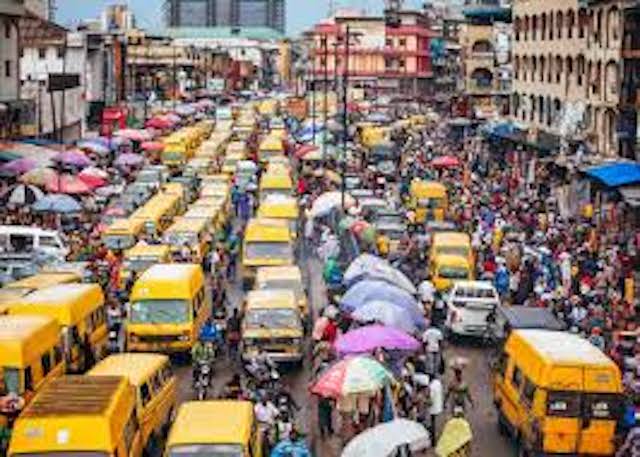A new study has revealed that poverty, transportation challenges, and loneliness remain key determinants of potential poor health among Lagosians, years into the COVID-19 pandemic.
The research, led by Omobolanle Agboola, a PhD student in nursing at the University of Minnesota, which studied the impact of economic and environmental determinants of health, found that income insecurity was the most outstanding problem facing individuals in communities.
In a statement issued by Agboola, 88.1 per cent of 180 respondents interviewed in Lagos said they had insufficient income, and 75.6 per cent said that they urgently needed money.
The study employed the health informatics tool MyStrengths+MyHealth to measure all aspects of health, including biological and behavioural, and social and environmental determinants.
The report indicated that while many participants reported strengths like good hearing and no substance use, most had challenges with income, physical activity, social connectedness, and home and workplace safety.
“Poverty remains a cause of poor physical and mental health, poor housing, poor nutrition, limited access to healthcare, and poor social well-being,” the researchers stated, cautioning that financial insecurity not only increases health vulnerability in the short term but also fuels long-term diseases and premature mortality.
The poll also indicated that transport challenges continue to be a significant hindrance in seeking services, with 48.1 per cent of the respondents pointing to mobility issues.
Dangerous traffic and pollution were also noted as major safety concerns, affecting 37.5 per cent and 43.8 per cent of those surveyed, respectively.
The study found that both urban and rural residents now have equal levels of hardship. Before the pandemic, the countryside suffered from numerous disadvantages, but this has now been turned around.
Over half of the respondents (54.4 per cent) indicated they could only manage necessities, and nearly half (48.8 per cent) indicated they struggled to purchase basic items. Decreased social time and sedentary lifestyles were also identified as common issues, which affected overall quality of life.
Researchers underscored that it was important to address those social determinants of health to reduce poor health outcomes.
They called for collective action by government, institutions, and communities to build financial security, expand access to transportation and social services, and combat inequality.
“Poverty is a complex issue that requires sustained action framed within the contexts of social justice and health equity,” the report stated.















